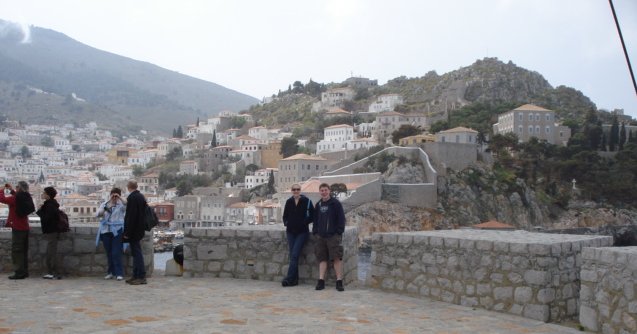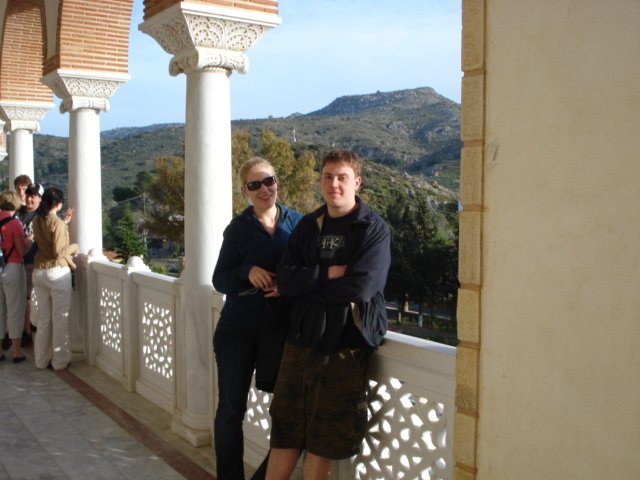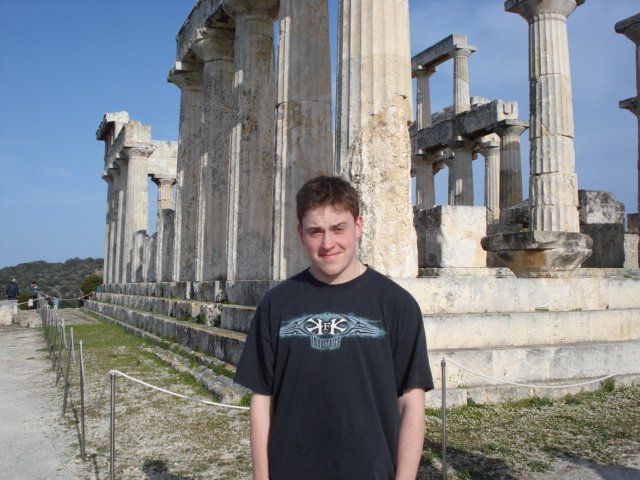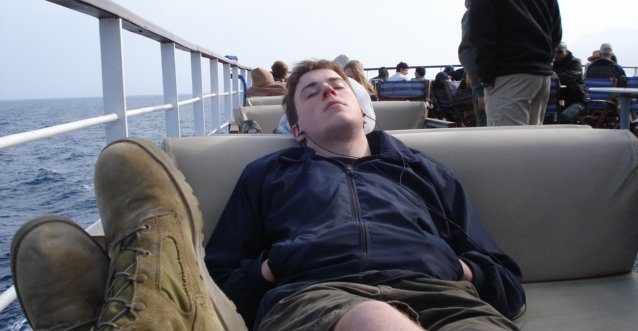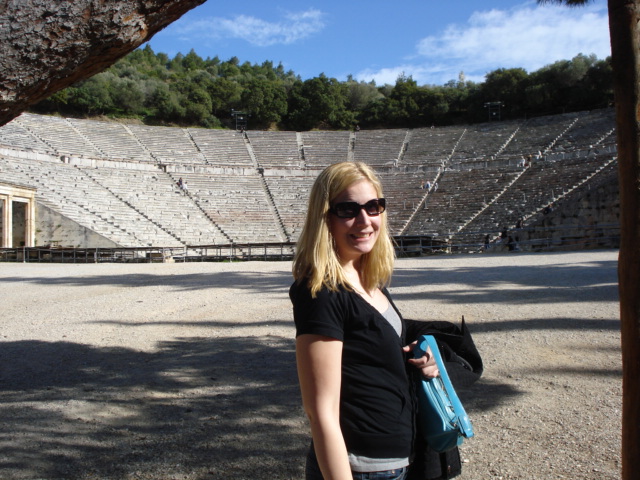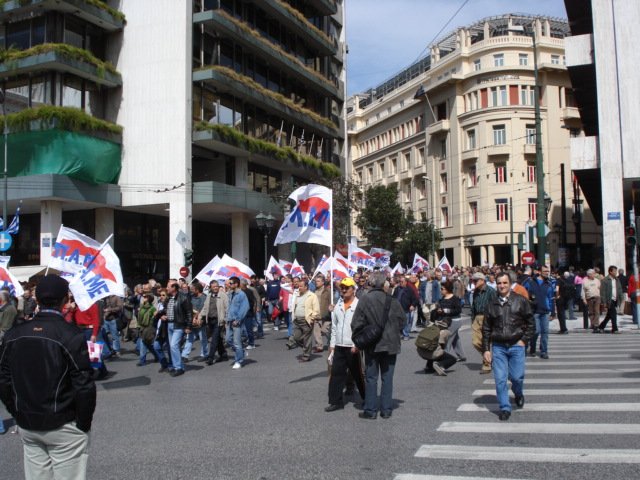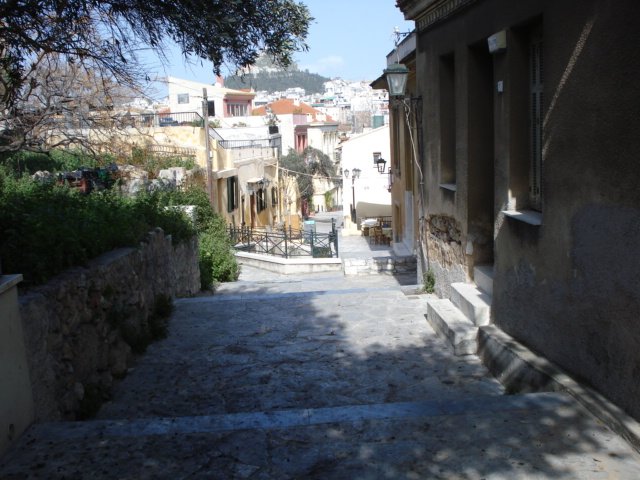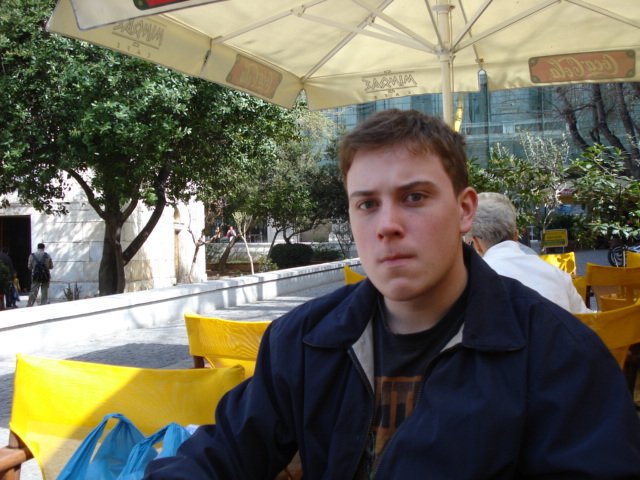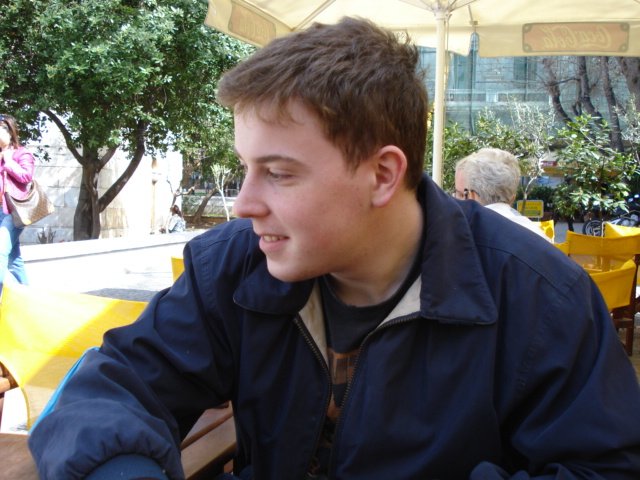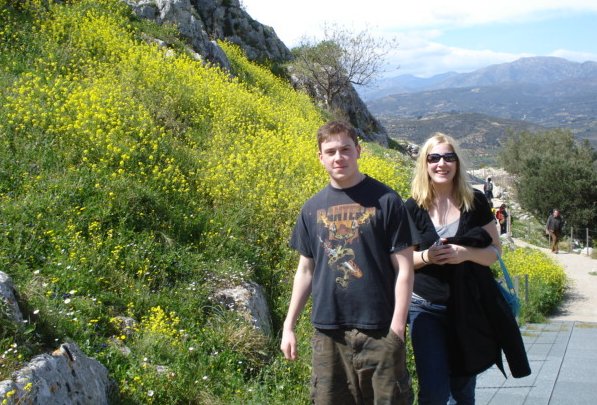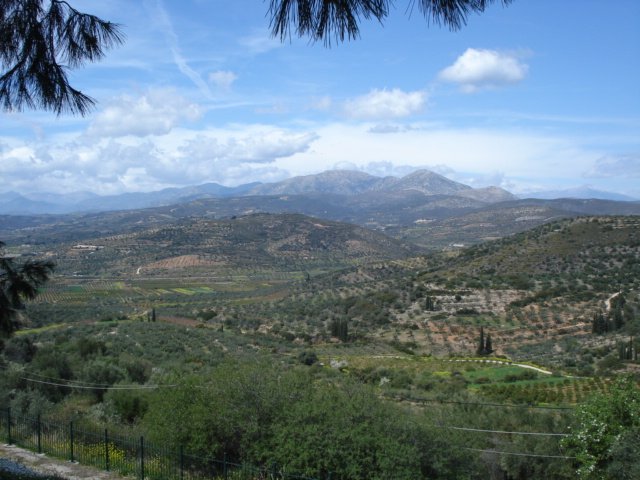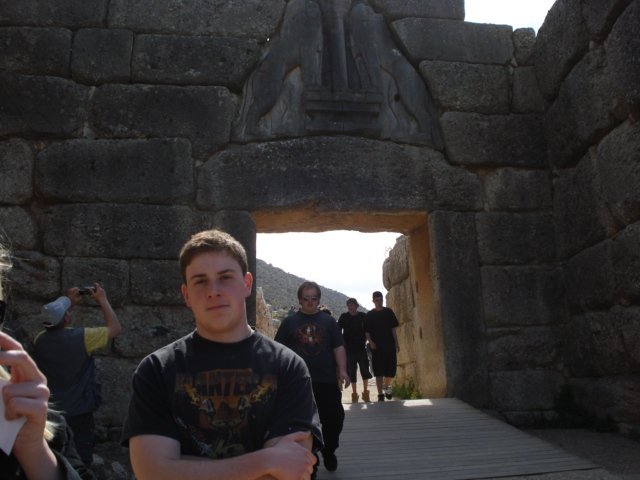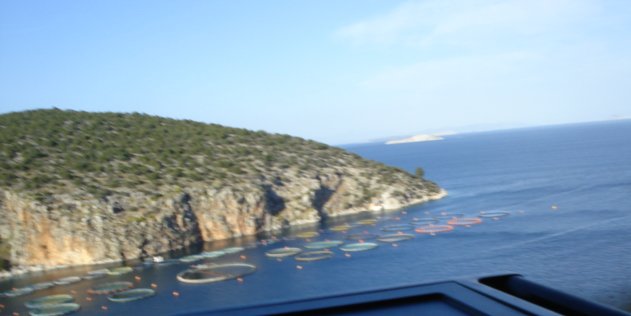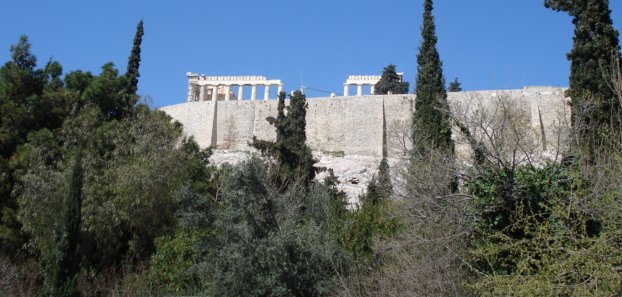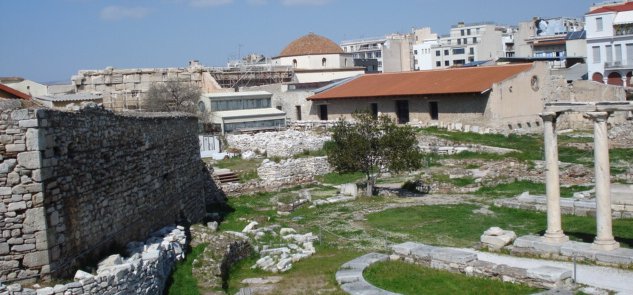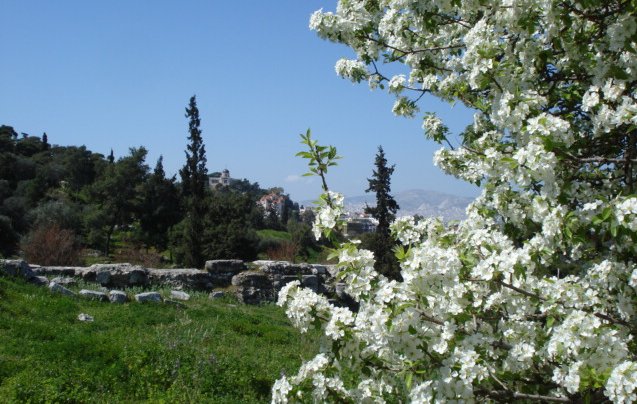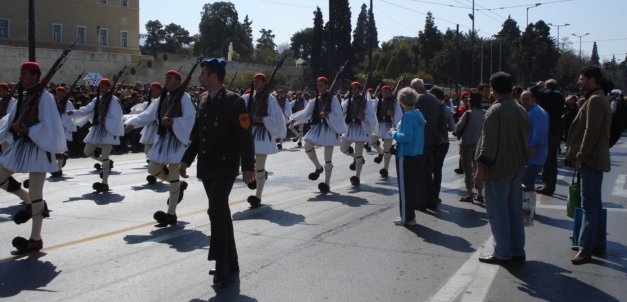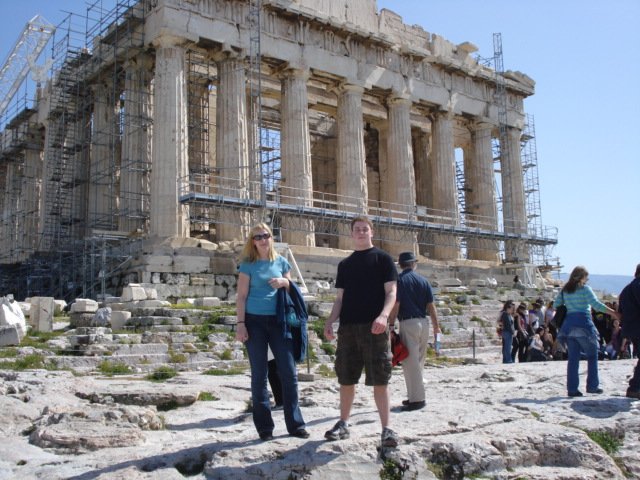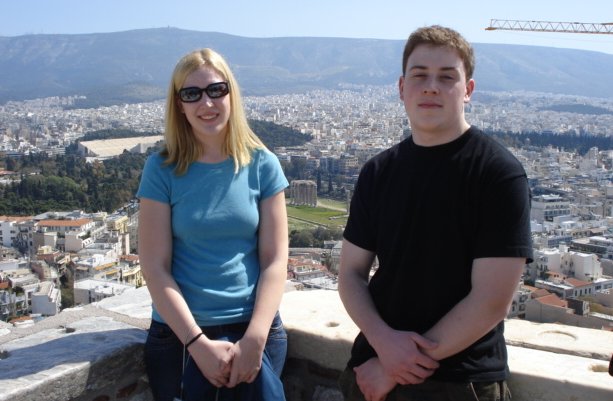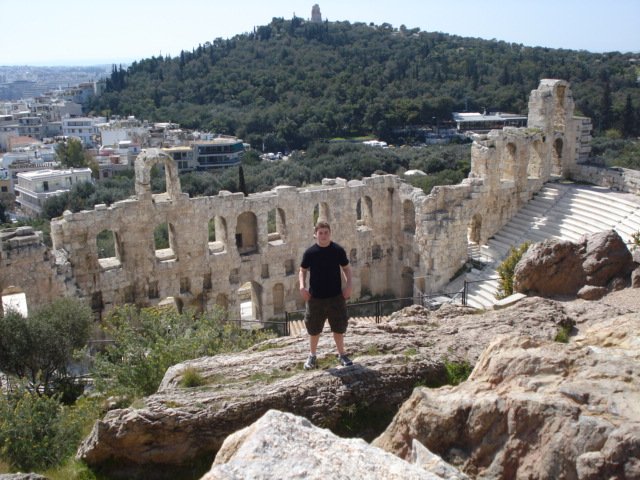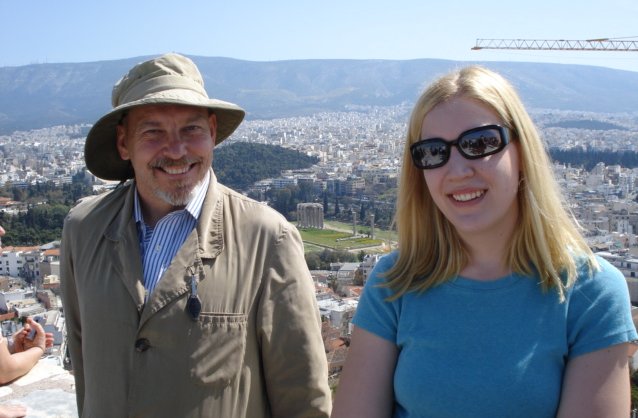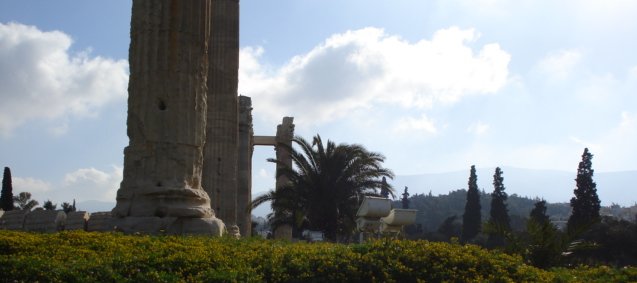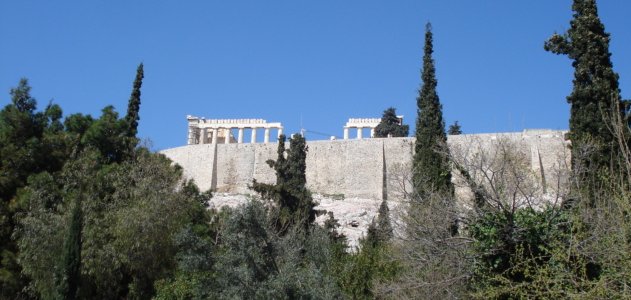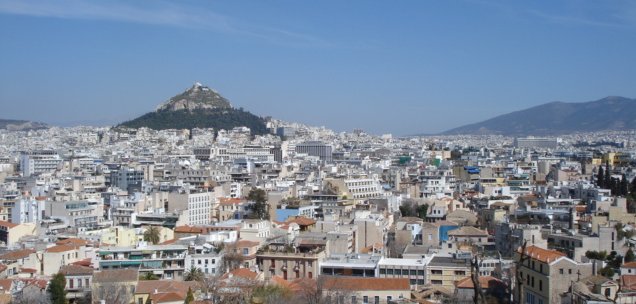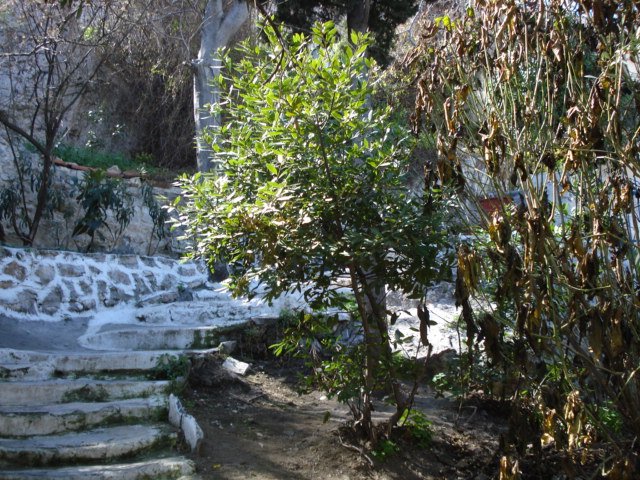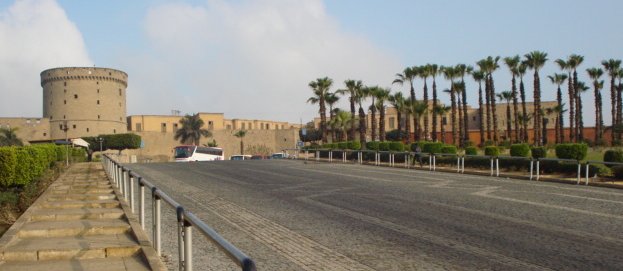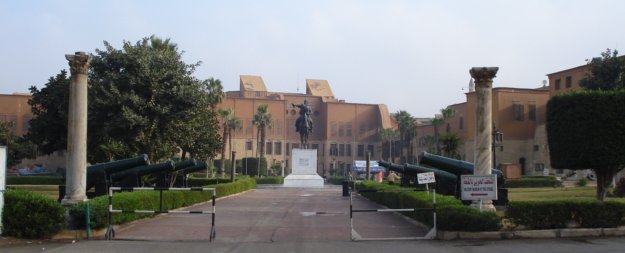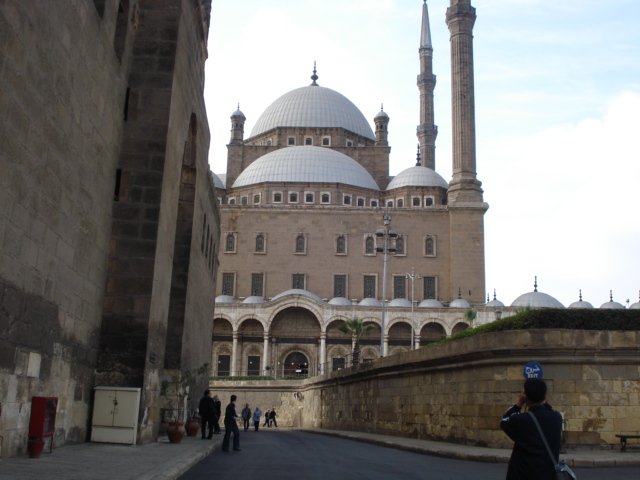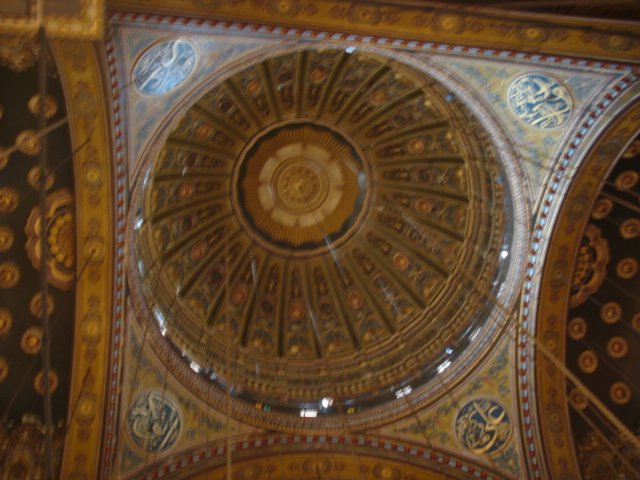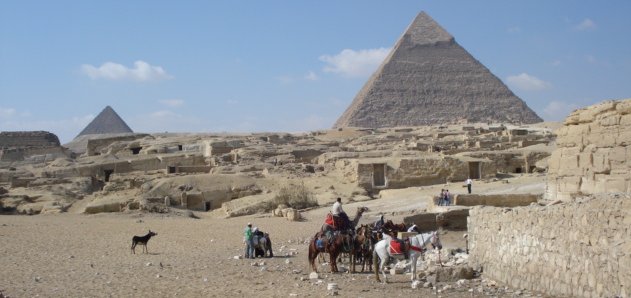Blue Collar Expeditionary Force
A guy called Wayne helped get me from the Ali Al Salem to the Kuwait International airport. He was an American from Georgia who had owned a construction company of his own, drove trucks in the U.S. and Iraq and now worked for KBR taking care of State Department people transiting Kuwait.
When he drove truck, he was headquartered in Al Asad. He was in Anbar when the heavy fighting was still going on and it was very dangerous to drive around. He told me that for security reasons they would not stop when things fell off the trucks. Sometimes they were just little things like pallets of water, but often the were higher value items such as building supplies. Local Iraqis could make a good living scavenging. It is a variation of that old “it fell off the back of a truck” saying.
Wayne moved to Kuwait from Al Asad because he was beguiled by the idea of getting back to “civilization”. He regretted the move and missed the Marines at Al Asad. He was less fond of the Kuwaitis. With the immense oil wealth, few of them actually do any useful work, at least not much of it. They are also largely nocturnal. This makes sense because of the heat during the day. This package of traits formed the basis of Wayne’s grievances. Muslims fast during Ramadan form sun up to sun down. This is really no hardship for most Kuwaitis since they can sleep during the day and enjoy life al night. But the law in Kuwait enforces Ramadan rules on non- Muslims too, so outsiders like Wayne, who work during the day, are the ones who pay the big price.
A couple of Bosnians actually gave me the ride to the airport. Their outlook was similar to Wayne’s. They had worked in Iraq and liked it better than working in Kuwait. I guess I can understand. As I am writing this from Athens, I am feeling a little anxious about not being at Al Asad. It is a totally unexpected feeling. You know what is what at Al Asad. There are no real options. You eat at the chow hall, go to work and sleep in your can. Outside you have to plan a lot more AND things all cost money. Don’t get me wrong, Athens is great so far and I will write about that too. But I do have to acknowledge the anxiety that others have told me about and I never understood.
I think it is harder for Wayne and the Bosnians. From my short exposure, I think I would hate to live in Kuwait. On to a physical environment no better than Iraq’s is grafted a society that is simultaneously decadent and puritanical. When I drove through the place at night, it looked like it had snowed. A dust storm covered the ground and the trees. In the light of the moon and the street lamps, it looked like snow, but snow is clean and new fallen snow is fresh. There is nothing pleasant about a layer of dust.
Greece
My flight to Athens was scheduled to leave at 0310. In fact it left a bit later. I got into Athens at around 0700 local time w/o having slept more than a couple minutes on the plane. Athens is nicer, cleaner and greener than I imagined and the mountain relief is higher. The mountains on the way from the airport are covered with pine. I think it is a new forest, however. Most of it looks young, less than 50 years old, although since I am unfamiliar with the local species and growing conditions I may be wrong. My guess is that the trees are recently established and before that time goats and sheep prevented forest regeneration. When you look at old pictures, you see that the hills of Greece were a lot more barren a in the past. I was looking at some prints from the Ottoman times in the late 18th Century. They usually feature shepherds with their flocks picturesquely denuding the landscape.
I was a lot less tired than I thought I would be, so I used the morning to scout out some of the places I might take Mariza and Espen. It was good I did. I followed a path that said “to Acropolis.” It wound through closely packed houses and through what looked like people’s backyards. After following the serpentine path up the hill, I ran into a fence. This was probably a back way up to the summit. It was an interesting walk. A couple of steps behind me was a group of old ladies in comfortable shoes. I had passed them on the way up and when I passed them on the way down, I told them about the fence. They seemed less amused that I had been and grumbled loudly in their British accents about ancient civilization being unable to handle simple contemporary tasks.
This is a picture from the path and below is part of the path. All in all, it was worth the trip.
